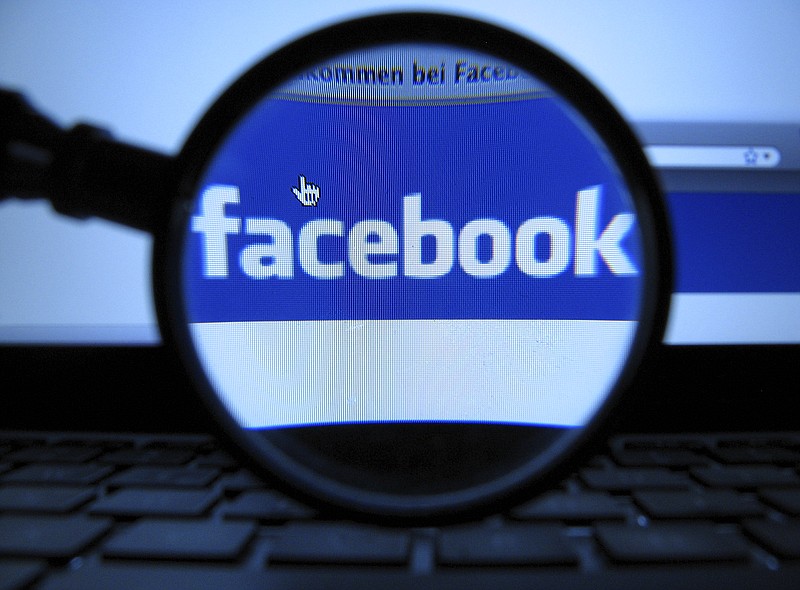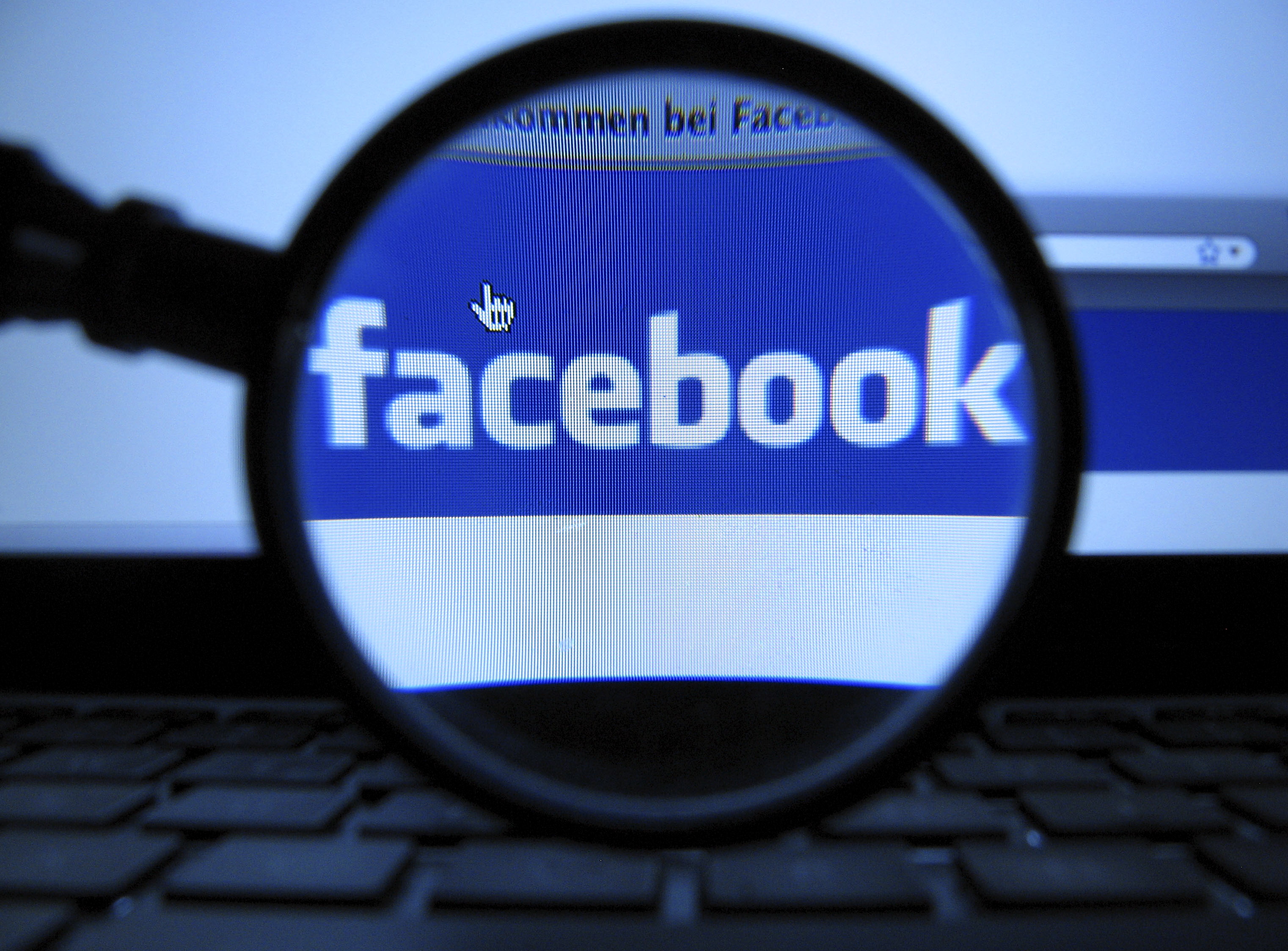In case you have been away from the planet, Facebook's long-awaited initial public offering arrived Friday with a resounding thud.
The stock launch was easily the most hyped ever (CNBC devoted nearly all of its three hour "Squawk Box" show to the event). But in the end, expectations proved to be too lofty. If you failed to pick up shares in the debut of trading, you may have dodged a bullet.
The offer price was $38 per share. That was the price paid by the select group of mostly institutional investors and large retail clients who had access to the shares immediately before they started trading on the exchange. Once public trading began, the price momentarily opened at $42 only to stagger downward throughout the day and finish at $38.23. Underwriters waged a valiant battle to prop up the price by buying back shares, but despite their efforts the stock closed the day with a gain of just 23 cents. On Monday the stock plummeted 10.5 percent to $34 and closed Tuesday at $31.
The introduction was especially disappointing since it underwhelmed most of its high-octane predecessors. Historically, tech companies experience an average first-day pop of 38 percent, and do so with considerably less breathless publicity and hyperbole (Mark Cuban declared Facebook the most important stock offering in U.S. history).
Of course, not everyone was disheartened at the tepid response. The sale raised $16 billion, the third-largest initial public offering in U.S. history and the largest technology offering ever. The result implied a total value for eight-year-old Facebook of $104 billion, deposited $6 billion in cash into the company's coffers, and made founder Mark Zuckerberg the 29th richest person in the world, according to Bloomberg LP.
There is no gainsaying the popularity and reach of Facebook. The difficulty will be in translating a really cool idea into a great business that makes money for investors. At the $38 offer price, Facebook was trading at nearly 100 times earnings (compare Apple at 13 times and Google at 18). The company would have to grow profits in excess of a 35 percent annual rate for five years to justify the $38 price. Given that it already claims one-third of the world's Internet users, that seems like a stretch.
Furthermore, public stockholders are discovering their status as second-class citizens with respect to the ownership structure. Zuckerberg holds 32 percent of the outstanding shares, but retains a nonpublic class of stock that gives him 55 percent voting control.
And in addition to the 421 million shares sold at the IPO, another 1.3 billion will be unlocked and available for sale in six months by insiders who may also want to cash out. Guess what happens to the price of a good when the supply quadruples overnight.
Facebook is a remarkable phenomenon and has clearly created an entirely new mode of interaction. Whether that translates into a good investment is yet to be proven. For now, thumbs up on the company but don't friend the stock.
Get answers to financial questions on Wednesdays from our columnists who work in the financial services industry. Christopher A. Hopkins CFA, is a vice president at Barnett & Co. Submit questions to his attention by writing to Business Editor Dave Flessner, Chattanooga Times Free Press, P.O. Box 1447, Chattanooga, TN 37401-1447, or by emailing him at dflessner@timesfreepress.com.

